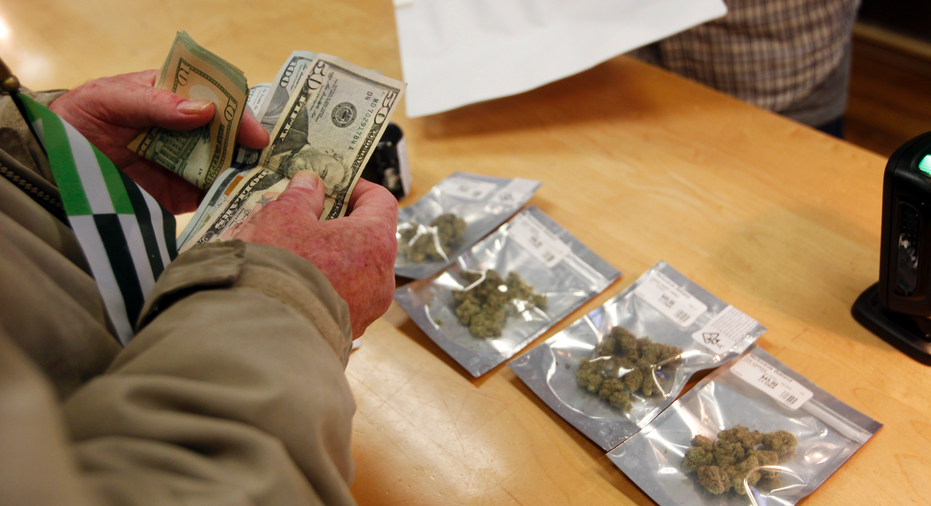California measure to slash marijuana taxes suffers setback

SACRAMENTO, Calif. – California's legal marijuana industry will have to wait for a tax cut.
Legislation that would have slashed taxes on legal pot for three years to entice people away from the black market failed to advance out of a key legislative committee Friday.
"Today was another big win for the black market," said Assemblyman Tom Lackey, who co-authored the measure. "All we wanted to do is to level the playing field financially."
Marijuana growers and sellers in California, which launched the nation's largest marijuana market at the start of the year, have complained that taxes are too high. They argue many consumers are shopping in the underground market to save money.
In some areas, combined state and local taxes can approach 50 percent.
Earlier this month, state cultivation and excise taxes fell far below projections for the first three months of the year. The state had expected to take in $175 million by the end of June, but just $34 million came in between January and March, startling state officials.
Lackey, a Los Angeles-area Republican, said opponents of his Assembly measure argued it was too soon to slash taxes without further evidence they were driving people to the black market.
California imposes a 15 percent excise tax on pot and separate taxes on cultivation, along with regular sales taxes. There are also new costs for testing and distribution, which could be rolled into the price. Local governments can add taxes, too.
Lackey's measure, AB3157, would have lowered the state excise tax to 11 percent and suspended cultivation taxes for three years. He hopes the effort will be revived this year despite failing to advance out of the Assembly Appropriations Committee.
Earlier this week, Monterey County slashed its marijuana tax rate because of complaints from growers. An attorney for the growers said the decision will help a struggling industry take root in the farming region about 120 miles (193 kilometers) south of San Francisco.
The rollout of the broad legal market has been bumpy. There are complaints that too few licenses have been issued, especially for retailers, and large stretches of the state have either banned commercial activity or lagged in establishing local regulations.



















